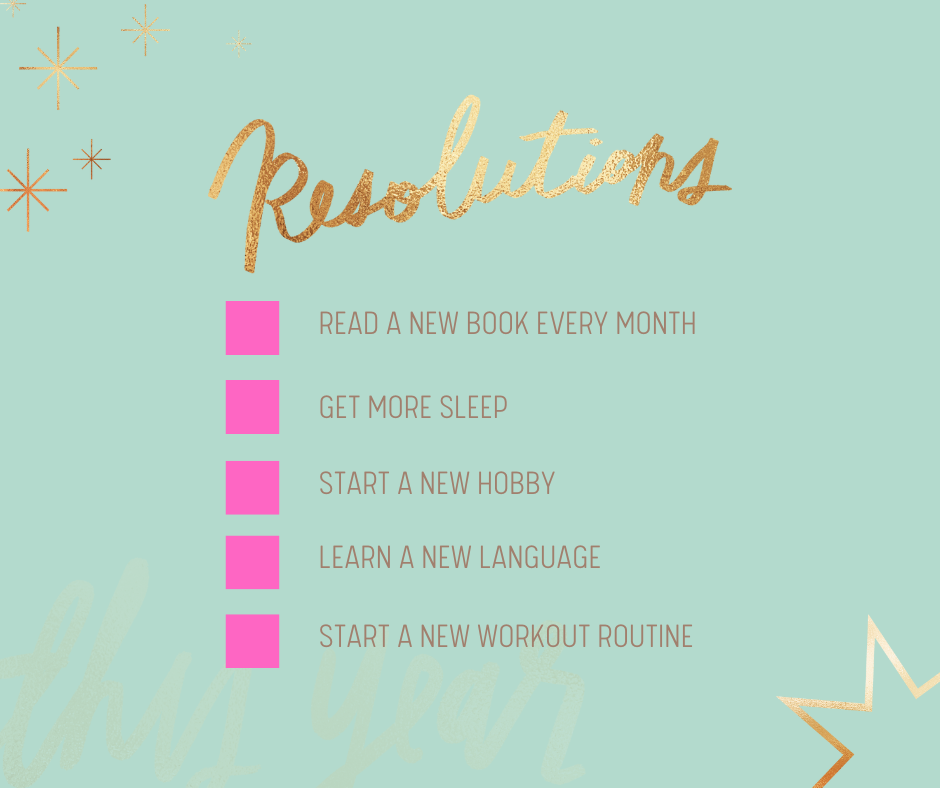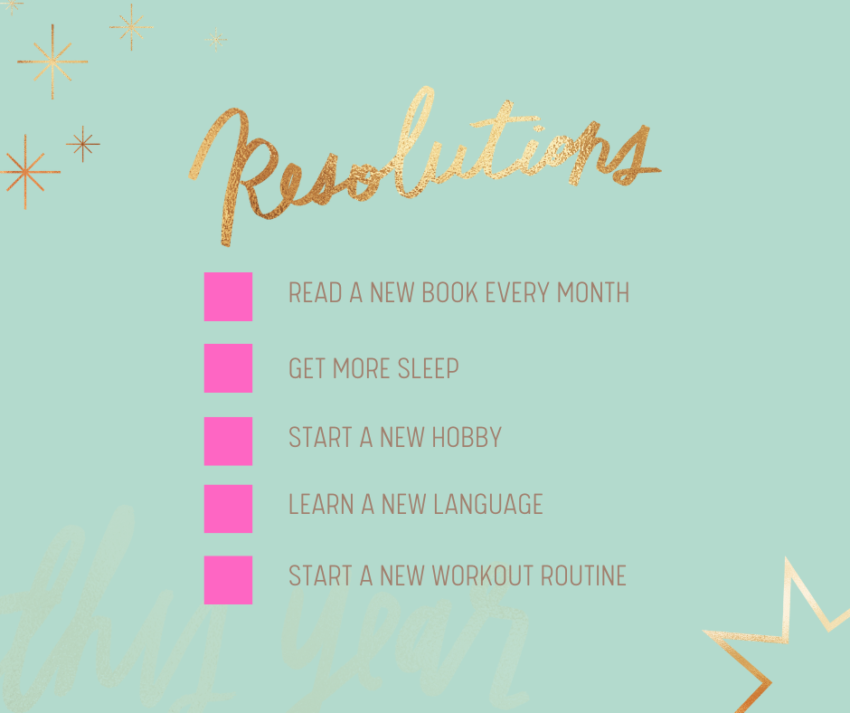
As the calendar turns another page, we find ourselves at the threshold of a new year, filled with the promise of fresh beginnings and new opportunities. It’s a time when many of us reflect on the year gone by and set our sights on the future, armed with a renewed sense of purpose and determination. Yes, it’s that time of the year when we make our New Year’s resolutions, or as I like to call them, goals for the upcoming year.
Setting goals for the new year is a tradition that transcends cultures and has endured through the ages. Whether it’s to improve our health, advance our careers, learn a new skill, or simply to be kinder to ourselves and others, the act of setting goals for the new year is a powerful declaration of our desire for personal growth and positive change.
So, why do we make New Year’s goals? Perhaps it’s the collective energy and optimism that surrounds the turning of the year, or the symbolic significance of a fresh start. Whatever the reason, setting goals for the new year can be a catalyst for transformation, a roadmap for self-improvement, and a source of motivation to strive for our best selves.
However, while the intent behind New Year’s goals is often sincere, the execution can be challenging. All too often, we set ambitious goals in the heat of the moment, only to abandon them as the year progresses. This cycle of enthusiasm followed by disillusionment can leave us feeling disheartened and skeptical about the efficacy of setting goals altogether.
But fear not, for there are strategies to increase the likelihood of success in achieving our New Year’s goals. Firstly, it’s important to set realistic and specific goals. Instead of aiming to “get fit,” consider setting a goal to exercise a certain number of times per week or to complete a specific fitness challenge. Clear, achievable goals are easier to track and provide a sense of accomplishment as you make progress.
Secondly, accountability and support can make a world of difference. Sharing your goals with a friend, family member, or a supportive community can help keep you on track and provide encouragement when motivation wanes. Furthermore, seeking out resources, such as books, online courses, or professional guidance, can provide the knowledge and tools needed to achieve your goals.
Moreover, it’s essential to be kind to yourself along the way. Acknowledge that setbacks and obstacles are a natural part of any journey towards self-improvement. Instead of viewing them as failures, see them as opportunities to learn and grow. Remember, the path to achieving our goals is rarely linear, and it’s okay to adjust our course as we go.
As we stand on the threshold of a new year, let’s embrace the opportunity to set meaningful goals that align with our aspirations and values. Whether it’s to foster a healthier lifestyle, cultivate deeper relationships, pursue a passion, or contribute to the community, our New Year’s goals can serve as beacons of hope and purpose in the year ahead.
So, as we bid farewell to the year gone by and welcome the dawn of a new year, let’s embrace the spirit of possibility and embark on a journey of personal growth and fulfillment. Let’s set our New Year’s goals with intention, resilience, and an unwavering belief in our capacity to create positive change. After all, the new year stands before us like a blank canvas, waiting for us to paint What goals have you made this New Year?
